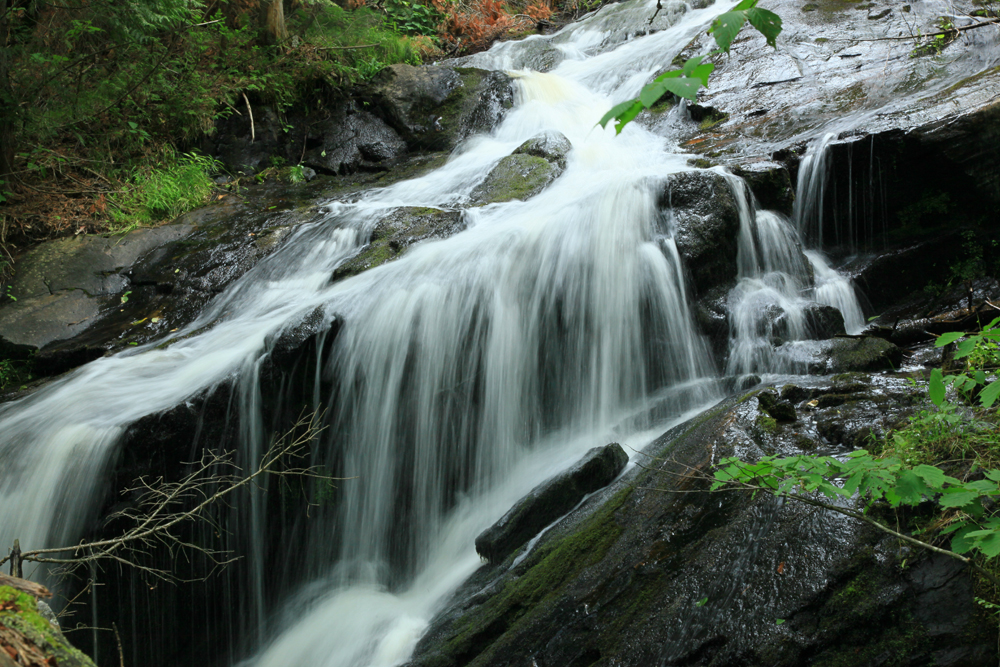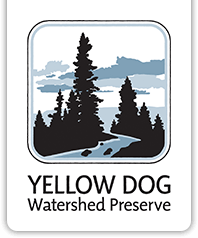
Blog > Patagonia Environmental Grant Awarded to Yellow Dog Watershed Preserve
Patagonia Environmental Grant Awarded to Yellow Dog Watershed Preserve

The Yellow Dog River Watershed Planning Project continues with $3,000 from Patagonia’s Environmental Grants Program. This community planning project will determine the goals and priorities of the Yellow Dog River watershed. The main task is to create a document called a watershed management plan (WMP) that will be approved by the DEQ to define the actions needed to protect the watershed from known and potential pollutants and to restore the watershed in critical areas where there are problems. An initial stakeholder meeting was held in Marquette on April 18, 2013 to begin the project and gather input from stakeholders which include: state and federal environmental agencies, local chapters of larger non-profit organizations, small non-profits, landowners, and concerned citizens. Anyone with a stake in the outcomes of the watershed planning process is considered a stakeholder. So far, stakeholder priorities include but are not limited to: sedimentation reduction, culvert replacement, and invasive species management. More input is being collected as we go along. On average, watershed management plans take 15-18 months to create. The project is funded by $4,500 from Freshwater Future and now Patagonia’s Environmental Grants Program. Our steering committee was created at the first meeting and they are currently reviewing an initial draft of the plan on an online Wikispace.
The project will consist of three phases. The funding we have received from Freshwater Future will take us through phase I of the process. Phase I consists of: networking with agencies and citizens, holding initial stakeholder meeting(s), forming the steering committee, identifying stakeholder concerns, characterizing the watershed, prioritizing pollutants, sources and causes by analyzing data, and setting goals and objectives. In Phase II the steering committee will carry on with the planning process by: determining load reductions needed, determining best management practices, and designing an implementation program with a schedule, milestones, tracking measures to gauge progress toward meeting goals, a monitoring component, an information/education component, and a budget. Also, in phase II the steering committee will design an evaluation process, finalize the plan and submit the document for approval by the DEQ. Phase III, will entail: implementing portions of the plan, conducting the monitoring, continuing to conduct educational activities and measuring the progress. We will coordinate groups of volunteers, or hire contractors to address stakeholder priorities in critical areas.
On average, watershed management plans take 15-18 months to create according to the DEQ. We are moving into Phase II of the planning process. Please contact the lead project coordinator Mindy Otto, for more information or to become a stakeholder and provide your concerns. You can reach her by mindy@yellowdogwatershed.org, calling (906) 345-9223 or go to www.yellowdogwatershed.org/blog/wmp/.

